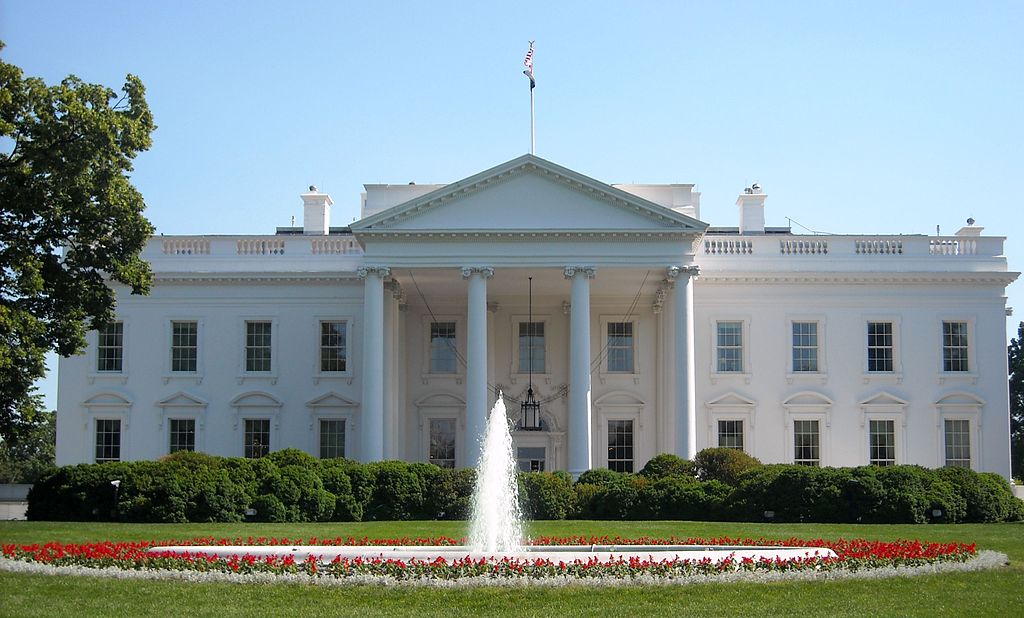
Two Gates Cambridge Scholars have been selected for a prestigious White House Fellowship
Two Gates Cambridge Scholars have won prestigious White House Fellowships meaning they will work full time for White House staff, Cabinet Secretaries and other senior government officials for a year.
Tom Barron and Victoria Herrmann are among the 19 Fellows on the programme, which was set up by President Lyndon B. Johnson in 1964 with the purpose of “give[ing] the Fellows first hand, high-level experience with the workings of the Federal Government and to increase their sense of participation in national affairs”.
The Fellowship functions as a non-partisan programme maintained throughout both Republican and Democratic administrations. Throughout the year, Fellows actively participate in an education programme that expands their knowledge of leadership, policy-making and contemporary issues with the aim of encouraging active citizenship and service to the country.
Selection into the highly competitive programme is based on a record of professional accomplishment, evidence of leadership skills, the potential for further growth and a commitment to service.
Tom [2010], who did an MPhil in African Studies at Cambridge, will do his Fellowship at the White House Domestic Policy Council. He worked most recently as a management consultant at McKinsey & Company. In this role, he advised private and social sector clients across a range of industries on strategy and operations challenges. Prior to his work at McKinsey, he served for over nine years in the US Army as both a Special Forces and infantry officer. He commanded a Special Forces team focused on operations across the African continent, deploying to Niger and the Horn of Africa and served as the Deputy Director of Operations for Special Operations Command Forward North and West Africa. As an infantry officer, he led an airborne infantry platoon in combat in Kandahar Province, Afghanistan.
Victoria [2014], who did her PhD in 2014, is placed at the United States Coast Guard. She is on sabbatical from her positions as an Assistant Research Professor at Georgetown University and the Managing Director of The Arctic Institute, a nonprofit with a mission to inform policy for a just, sustainable and secure Arctic. In that role she has testified before the House and Senate, served as the Alaska Review Editor for the National Climate Assessment and contributed to national and international media. At Georgetown, she serves as the Principal Investigator of a National Science Foundation-funded Research Coordination Network on Arctic migrations. The three-year initiative aims to build a lasting, policy-oriented network of Arctic scientists to strengthen communication between nations and scientific disciplines.
*Picture credit: Wikimedia commons and AgnosticPreachersKid.












